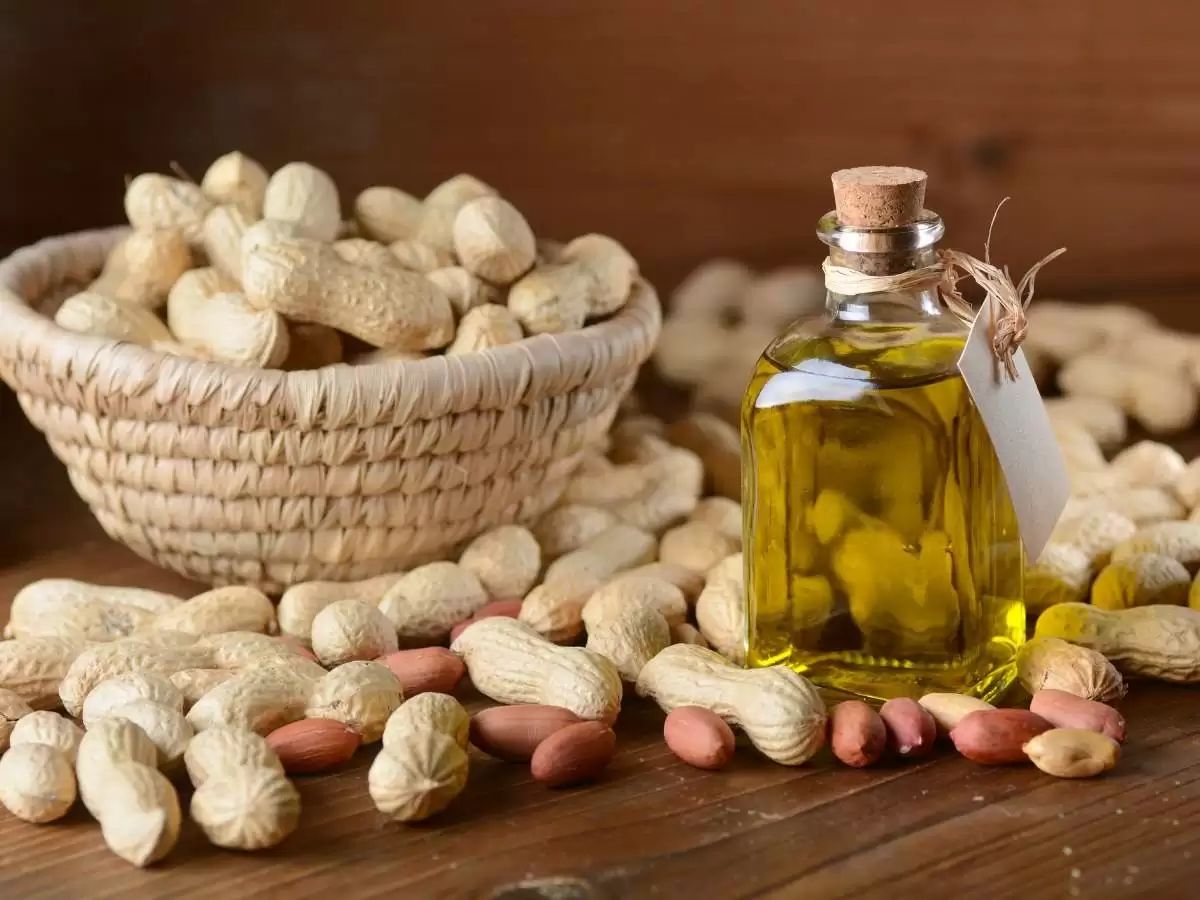Many recipes have come to appreciate the flavorful nature of peanut oil, and this is most especially in Asian cuisine. Many Thai and Indonesian recipes revel at their prowess for using peanut oil for various cooking styles. And in many other regions, this ingredient has become known as one of the best types for inducing great taste to dishes.
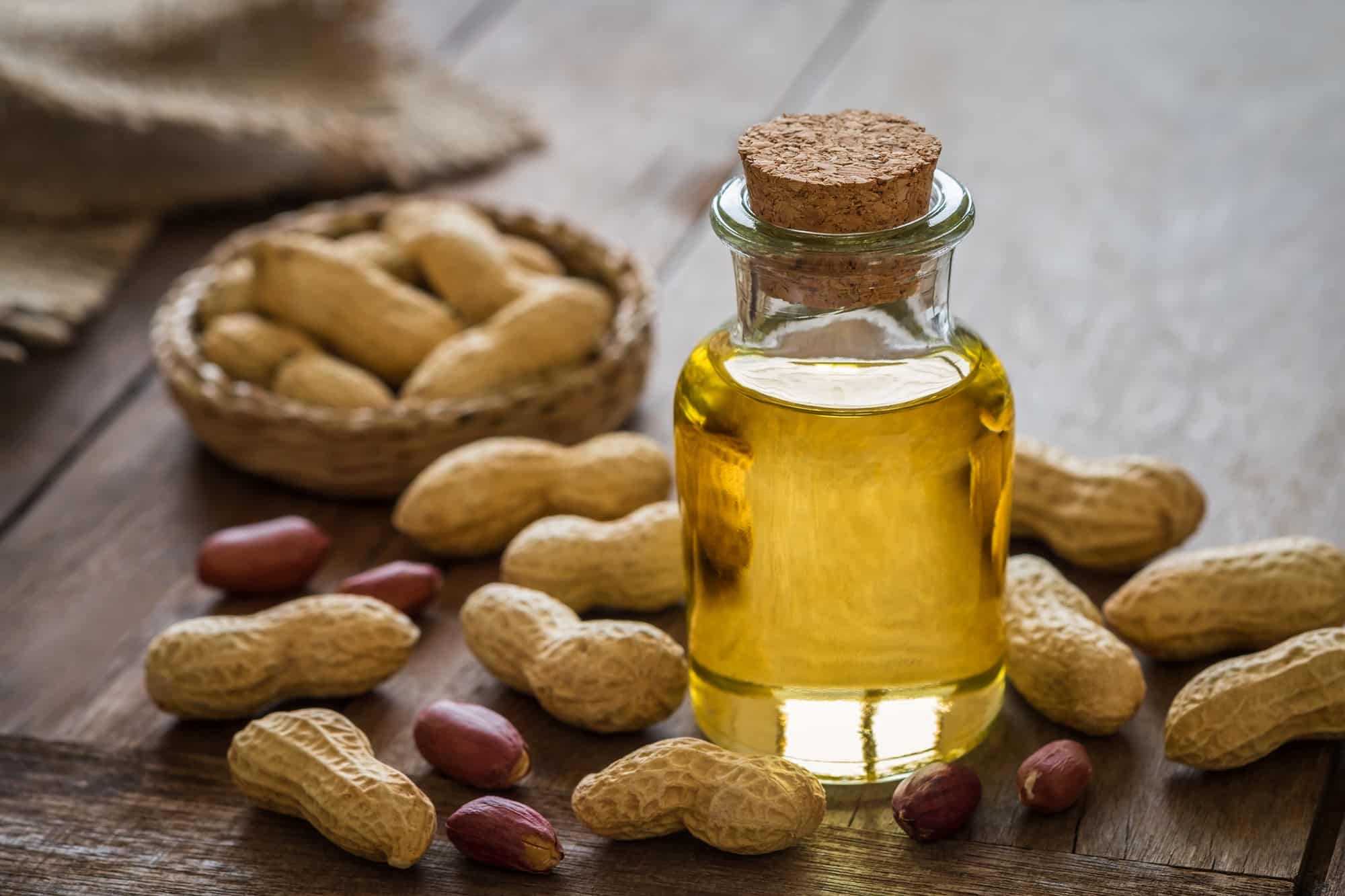
But various reasons can cause you to do without peanut oil, and in such situations, you need great substitutes to fill its place. Of course, finding replacements for it shouldn’t be an issue since it’s an oil ingredient, but you still need to note certain factors. For instance, some recipes like Pad Thai are best prepared with substitutes that share similarities with peanut oil.
Also, when it comes to oils, properties like smoking point, flavor, and availability play a massive role in their uses. And for peanut oil, you must bear these factors in mind to know if you can substitute with standard options like vegetable oil, sesame oil, or avocado oil.
What is peanut oil?
Peanut oil, or groundnut oil, is a plant oil that’s gotten from peanuts. The peanuts themselves are edible and are oily, but the oil is sometimes extracted separately. Peanut oil is of three types, namely cold-pressed, roasted and refined. And every kind of peanut oil depends on how the oil is extracted.
Cold-pressed peanut oil is obtained from the direct extraction of the oil from raw peanuts. The result is sweet oil with deep yellow color and a rich nutty aroma. When the oil is considered refined, the taste has been removed, so it’s more neutral. Refined peanut oil is also free of allergens and impurities. And roasted peanut oil is considered the richest in flavor and aroma and comes with a deep brown color.
Peanut Oil Nutrition Facts
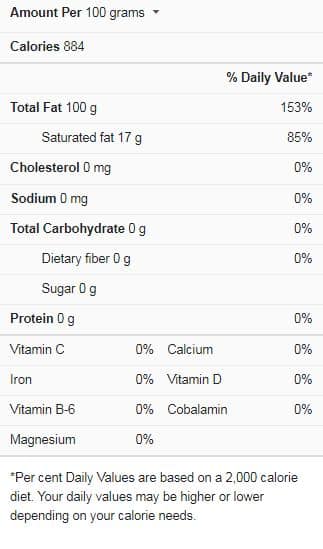
Peanut oil in recipes
Peanut oil has tons of culinary applications. It makes a fantastic drizzle over salads and works excellent in dressings. It tastes terrific in soups and sauces and is a great oil for deep-frying and sautéing. This advantage is its high smoking point and its various options, including neutral-tasting, refined peanut oil. Peanut oil is also a great source of a good kind of fat and is rich in healthy calories. And when consumed in moderation, peanut oil supplies the body with vitamin E and omega-6 fatty acids. Peanut oil is not just a healthy oil option but is an excellent choice for cooking, which is why you’ll find it in numerous recipes, including;
- Sauces
- Sticky ginger chicken
- Soups
- Pancakes
- Peanut banana bread
- Sesame chicken
- Fried chicken
- Brownies
- Thai green curry
- Singapore noodles
- Chicken peanut stir-fry
- Chicken curry
- Miso
- Piggy tots
- Peanut butter
- Glazed chicken
- Egg fried rice
- Pork and peanut ragu
- Chinese noodles
- Poha potatoes
- Pork Sloppy Joes
- Beef stir-fry
- Stews
- Pork dumplings
- Chow mein
- Risotto
- Chicken korma
- Meatballs
- Sweet corn mapo tofu
- Vegetable peanut stir-fry
Peanut oil substitutes
Most people avoid peanut oil because of its nutty taste, especially if they’re not fond of it. Others may be allergic to peanuts and worry about consuming this oil, even after being refined. And for those who can eat peanut oil, the simple drawback of running out of it when you need it can cause you to look for an alternative. Whatever the reason for finding a substitute, some other oil options can conveniently take peanut oil in many recipes.
However, note that some dishes (mainly traditional Southern Asian ones) bank on the nutty taste of peanut oil, especially those that call for either the cold-pressed or roasted types. So, if you’re dealing with that kind of recipe, you might want to hold off until you have a new bottle. But if you can do without peanut oil in your recipe, try any of these replacement suggestions;
Canola oil
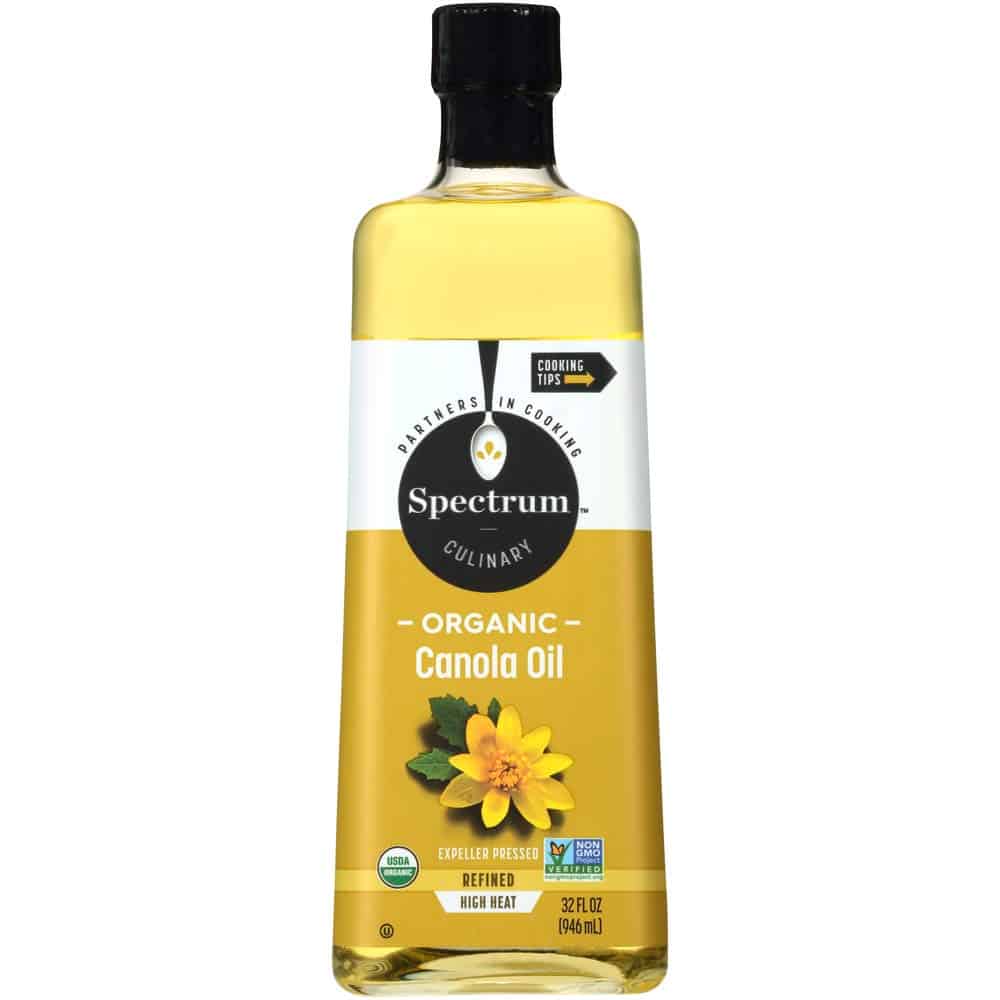
Canola oil is one of the most convenient substitutes for peanut oil. It has a high smoking point, so it holds well in all cooking temperatures. It also comes with a neutral taste, so if you’re replacing refined peanut oil (which is usually the most commonly used), it’s your best bet. Canola oil is derived from a particular type of rapeseed and is rich in heart-friendly fats. It’s also an excellent alternative for people with a peanut allergy and can be substituted at a one-to-one ratio. Peanut oil goes in grilling, sautéing, frying, and baking recipes. Canola oil also makes an ideal drizzle for salads and dressings and holds well in Asian cuisines.
Safflower oil
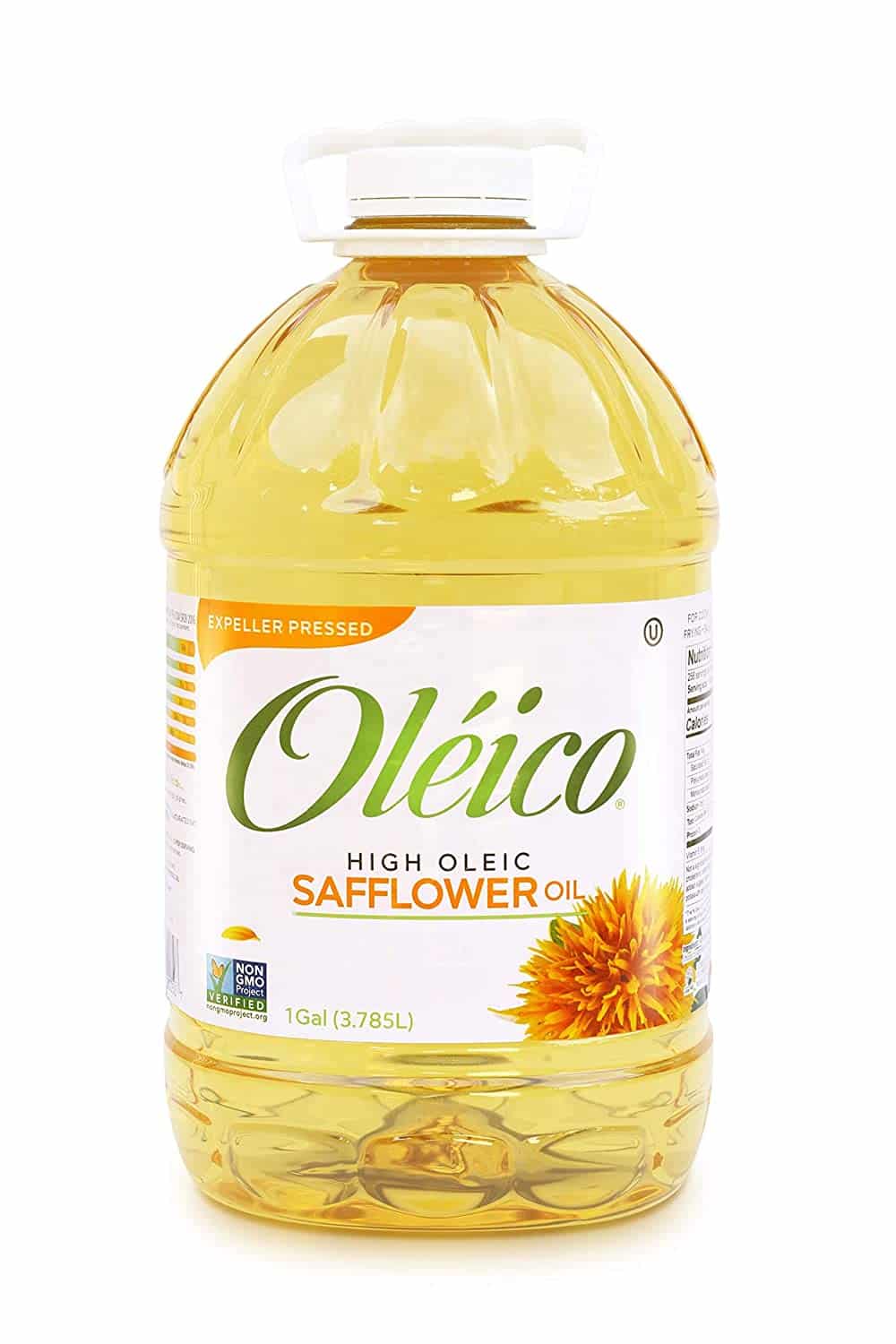
Safflower oil is popular, neutral-tasting oil that works well as a peanut oil substitute. It’s derived from the tiny seeds of the safflower plant and has an extremely high smoking point. This factor makes it great for cooking, frying, drizzling, and baking procedures. When swapping safflower for peanut oil, choose only the types that are rich in monounsaturated fats; they’re the healthiest options. Safflower oil is an equally excellent substitute for peanut oil and great for searing steak over the stovetop.
Almond oil
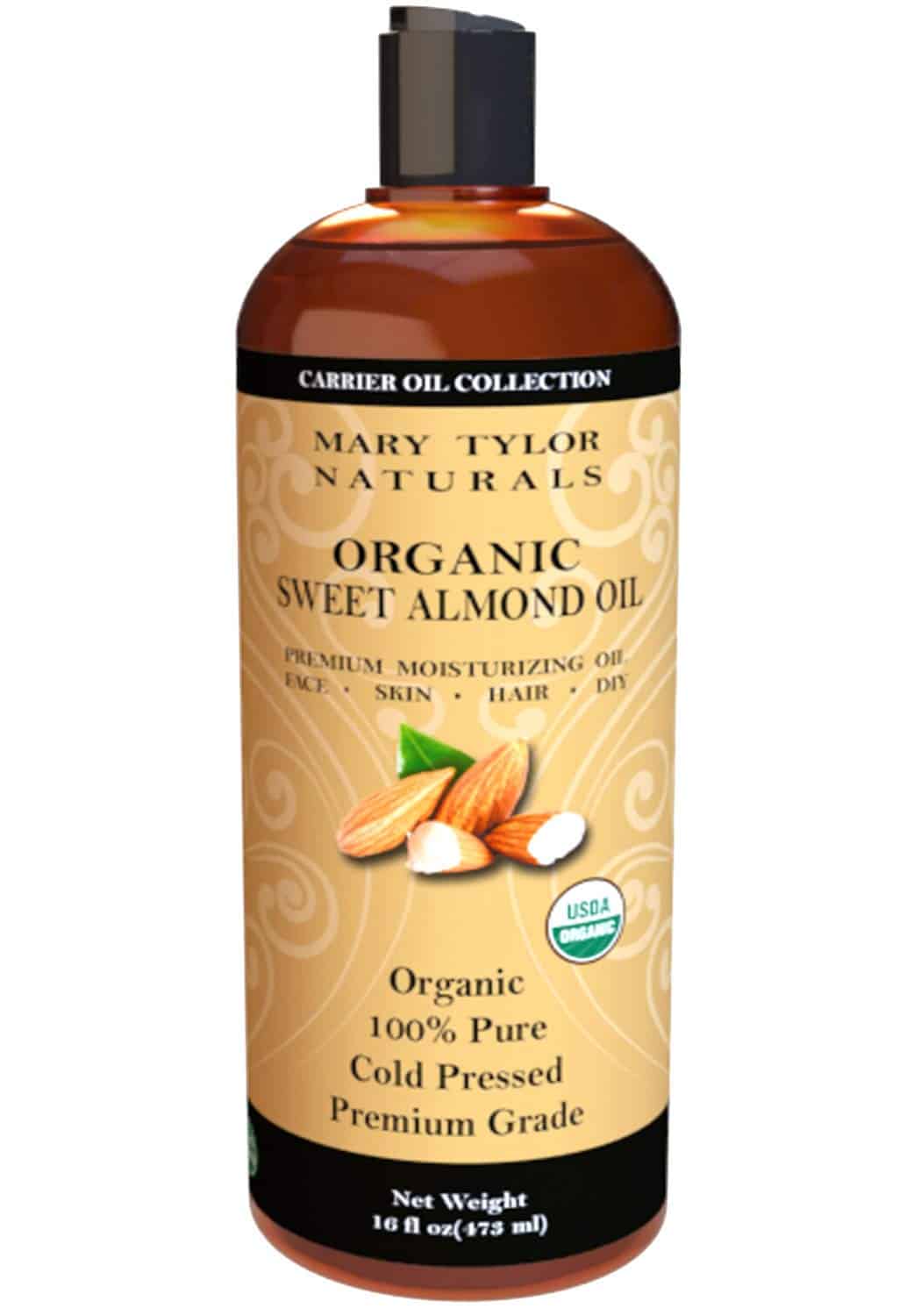
Almond oil shares a nutty flavor profile with peanut oil, so if this is an essential requirement in your recipe, you should go for it. And like peanut oil, it’s rich in monounsaturated fats and vitamin E. Almond oil is excellent for baking, though its smoking point isn’t high enough to fit frying procedures. At best, you can use almond oil for baking sweet recipes, drizzle salads and sauces, and quick pan-frying. Its nuttiness and wide applications also mean using almond oil in equal amounts to replace peanut oil.
Grapeseed oil
Grapeseeds are derived from the same grapes used in winemaking, and these seeds are grounded to extract the oils chemically. Grapeseed oil has made its mark in the culinary world as one of the most versatile oils you can use. It’s rich in good fat and vitamin E, and its smoking point makes it great for sautéing and frying. Grapeseed oil is tasteless, so the flavor won’t affect your recipe, making it perfect for those avoiding peanut oil due to allergies. And it’s an excellent choice for marinades and creamy dressings that call for peanut oil.
Soybean oil
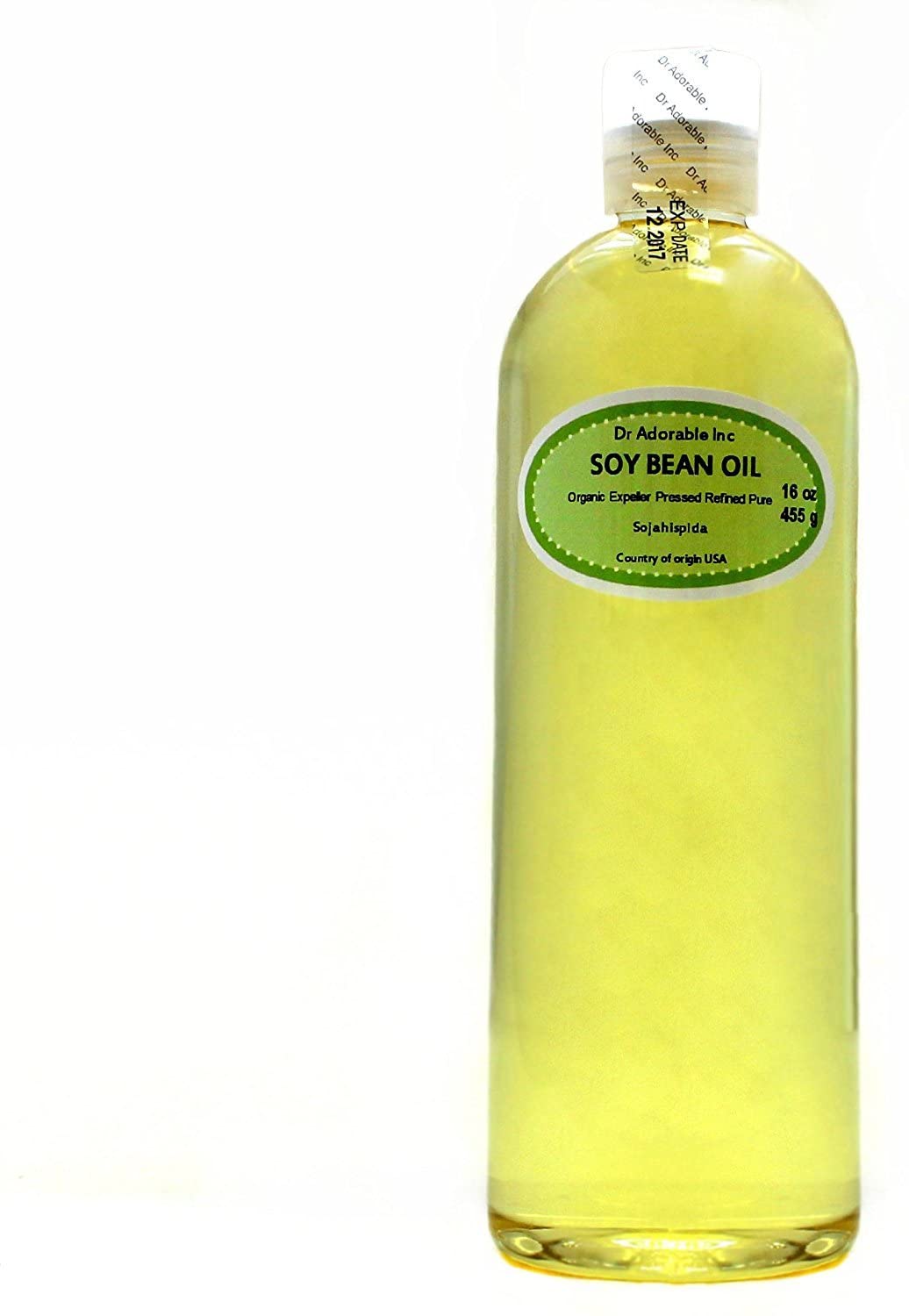
Soybeans are renowned for their healthy nature, and the oils are no different. Soybean oil is neutral-tasting, making it a perfect substitute for refined peanut oil. Soybean oil can also be swapped for peanut oil at equal ratios because it has a high smoking point, making it great for high-temperature cooking. And it also works for baking recipes since its taste won’t influence the recipe’s flavor. Soybean oil also makes a great addition to salad dressings.
Frequently asked questions (FAQs)
Is peanut oil better than vegetable oil?
Peanut oil has a higher saturated fat content compared to vegetable oil. But it also has less saturated fat and more unsaturated fats than vegetable oil. This difference strikes a balance in peanut oil, making it considerably healthy oil for consumption.
Can we eat raw peanut oil?
Yes, you can. Peanut oil is commonly used as a drizzle in salads, so you can eat it without cooking. It’s also a rich source of good fat and vitamin E.
Is frying in peanut oil healthy?
Yes, it is. Peanut oil contains lots of vitamin E and monounsaturated fats, making it a healthy choice for high-temperature cooking.
Conclusion
Whether you have an allergy, don’t like the flavor, or ran out, you can still find valuable substitutes for peanut oil without hassle. Most times, these options are already in your kitchen, but you don’t know it. And if you have to find it at the grocery store, choose any of these options if you can’t find peanut oil on the shelves. With these substitutes come flexibility in options and, eventually, a relaxed state of mind every time you prepare a recipe.
